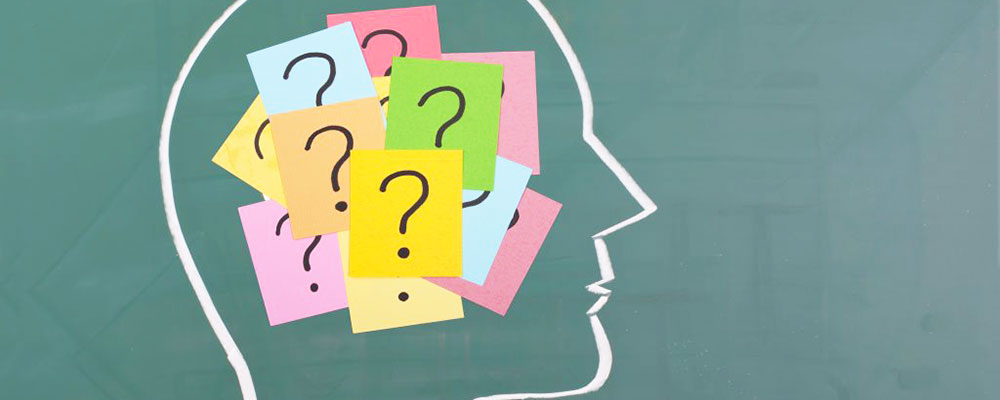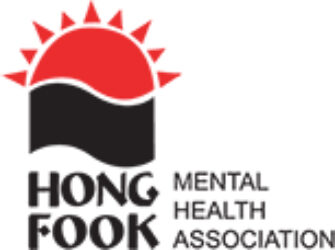
Anxiety Disorders
Everyone experiences some level of anxiety. These feelings may include feeling embarrassed, frightened, insecure, panicky, nervous, scared, or humiliated. These are all normal emotions. However, if you are experiencing these feelings on most days and they are affecting your life, you may be suffering from an Anxiety Disorder.
Bipolar Disorder (Manic Depressive Illness)
Everyone of us has experienced mood fluctuation at sometimes in our life. Our mood can change several times a day from happiness to sadness, from excitement to boredom. However, some people experience dramatic changes in mood that may affect their daily living. In such circumstances, they may be diagnosed as having bipolar disorder.
Cannabis Facts and Risks
Cannabis sativa, also known as the hemp plant, has been cultivated for centuries for industrial and medical use, and for its psychoactive, or mind-altering, effects. Marijuana (grass, weed, pot, dope, ganja and others), hashish (hash), hash oil (weed oil, honey oil) all derive from the cannabis plant. People can have very different experiences with cannabis.
Major Depression
Everyone feels sad at times, especially when something bad has happened (for example, after the death of someone close to you or the loss of a job). This is a normal reaction if it goes away fairly quickly. However, if you are experiencing sadness and most of the above symptoms almost every day for two or more weeks, you may have a medical illness called Major Depression. This is a common disease, which people don’t talk about.
Problematic Use of Digital Technology
This resource is to guide parents to better communicate with their children in coping with gaming problems. Although this resource focuses on the problematic use of digital technology, most patterns of gaming are not cause for concern. Some research even supports the positive impacts of gaming.
Schizophrenia
Schizophrenia occurs in all societies, and one in 100 people will be diagnosed with schizophrenia at some time in their lives. It is the most common among all the psychotic illnesses. Most researchers and clinicians agree that schizophrenia is a biopsychosocial disorder. This means that syndrome of schizophrenia has a biological basis and that in patients who eventually develop the illness this biological predisposition has interacted with psychosocial stressors.
Stress, Emotions, Health
Stress is the response of our body and mind to “CHANGE”. Change is the going from one thing, form, phase, place or state to another. Change is the natural part of living. Stressors are the ever-present real, anticipated, unexpected, imagined element objects, events and circumstances that bring about change. Anticipated and desired change is often considered positive stressors. Positive stressors bring challenges but also motivation and energy (e.g. a planned celebration or vacation). Unexpected, undesired or forced change is considered negative. Negative stressors bring worries, anger and grief (e.g. a job transfer, or the loss of a loved one).
